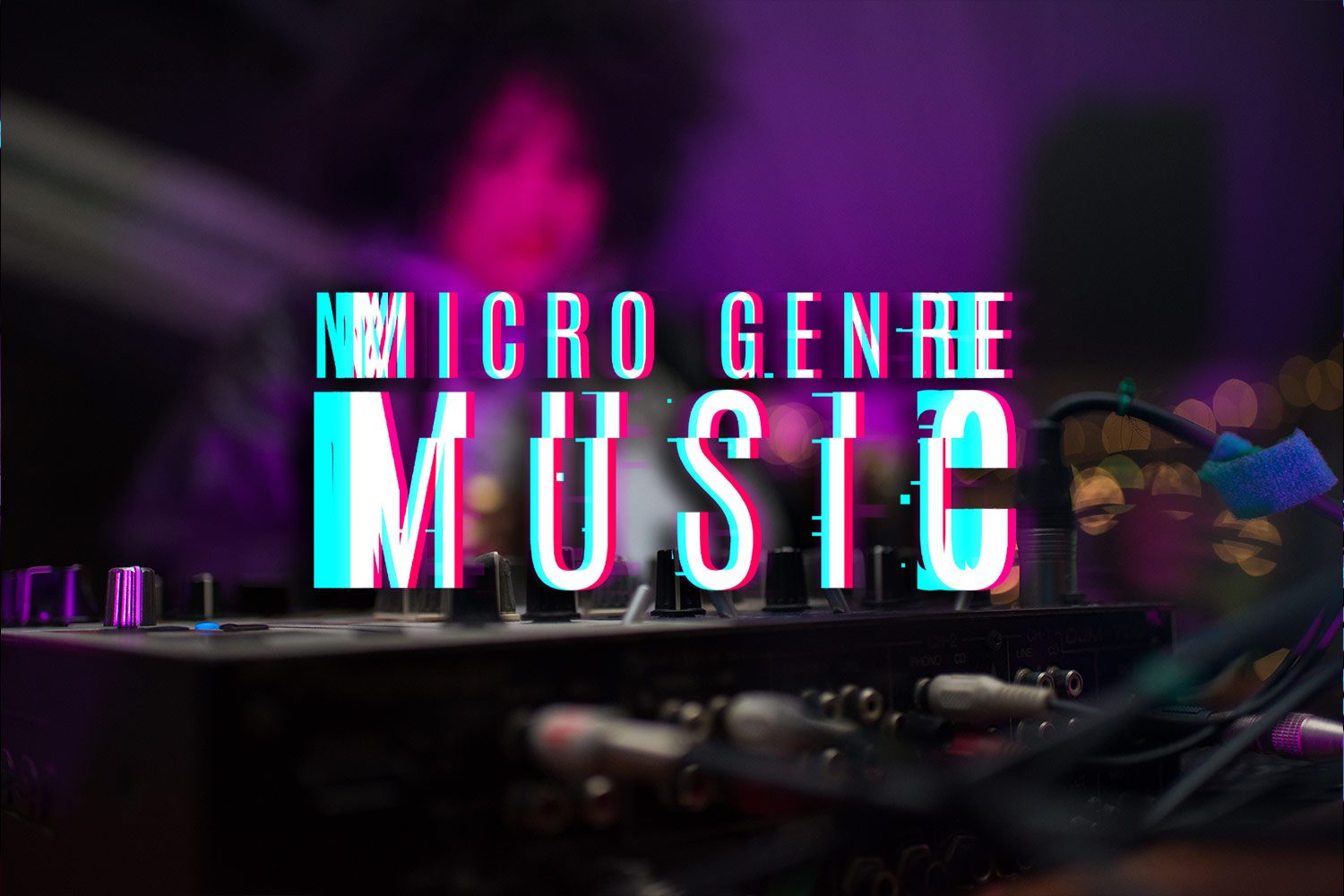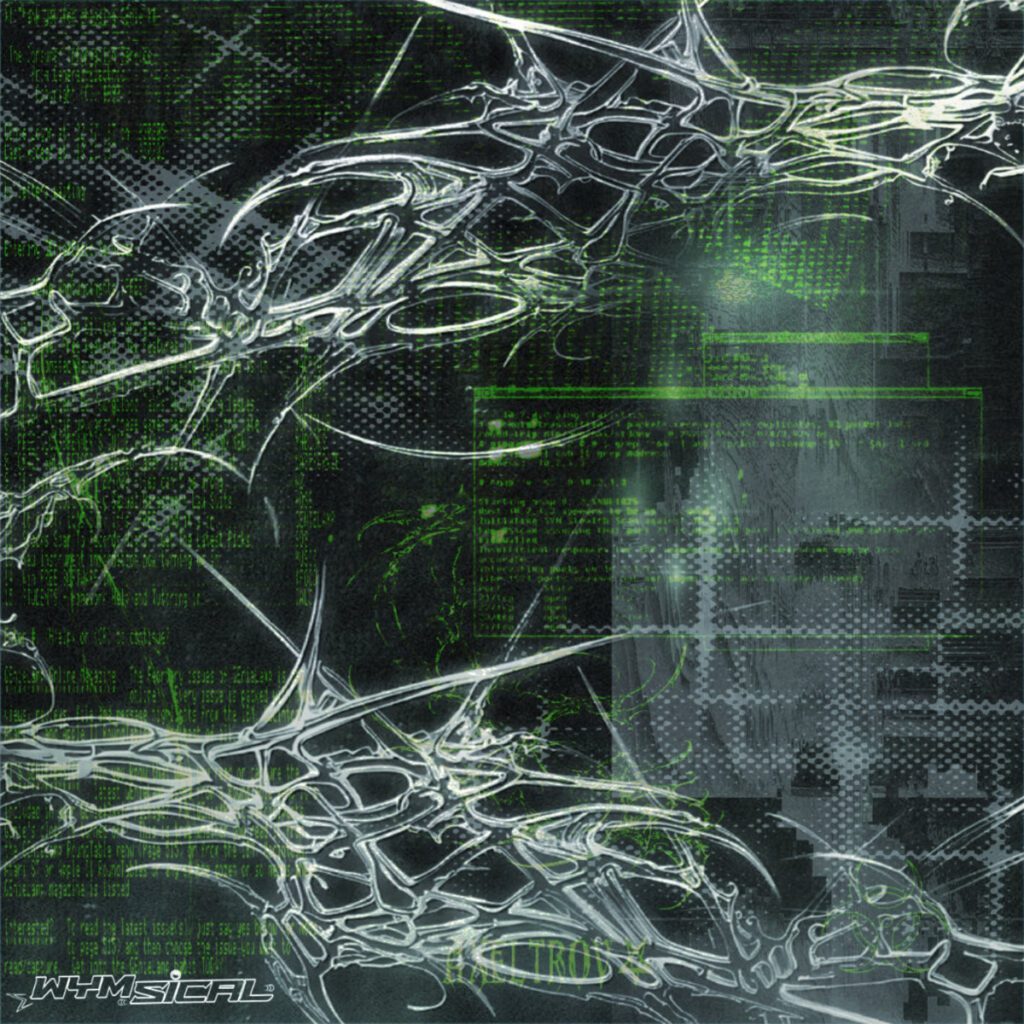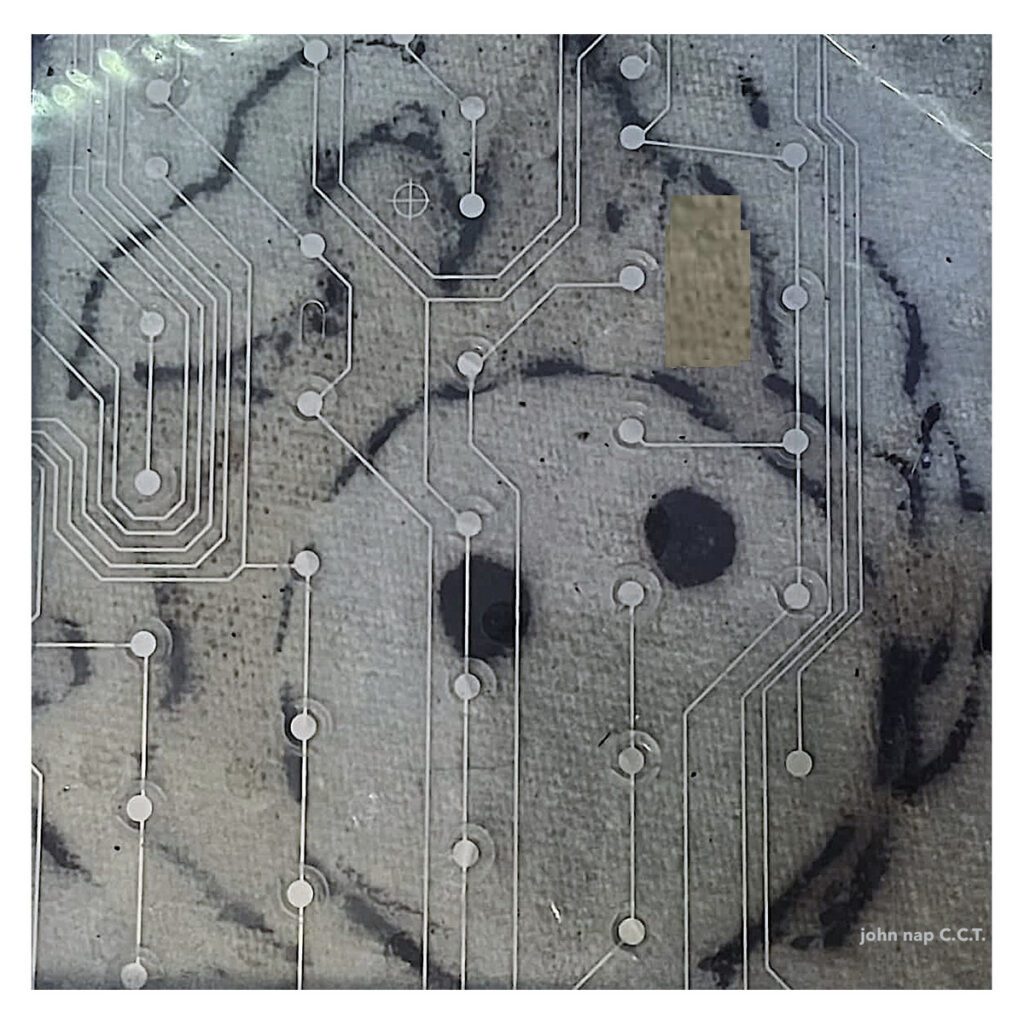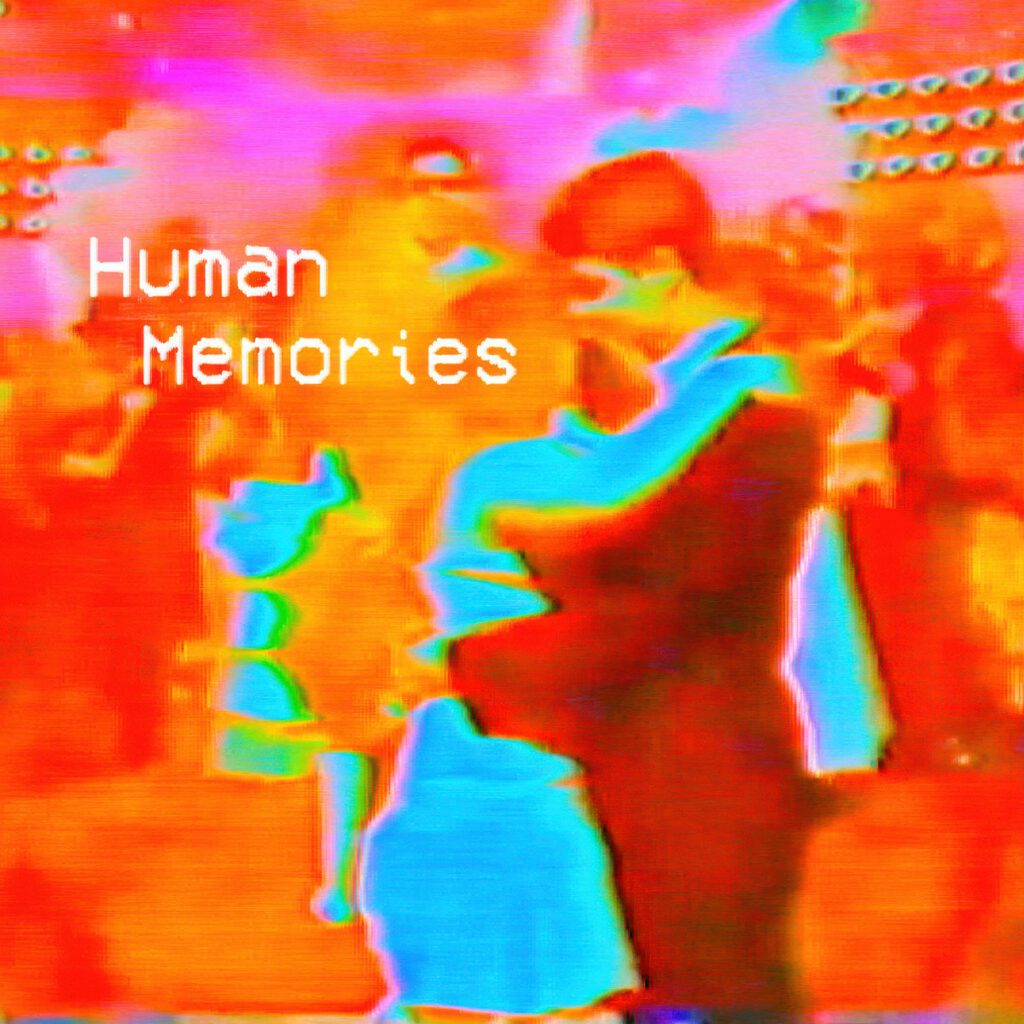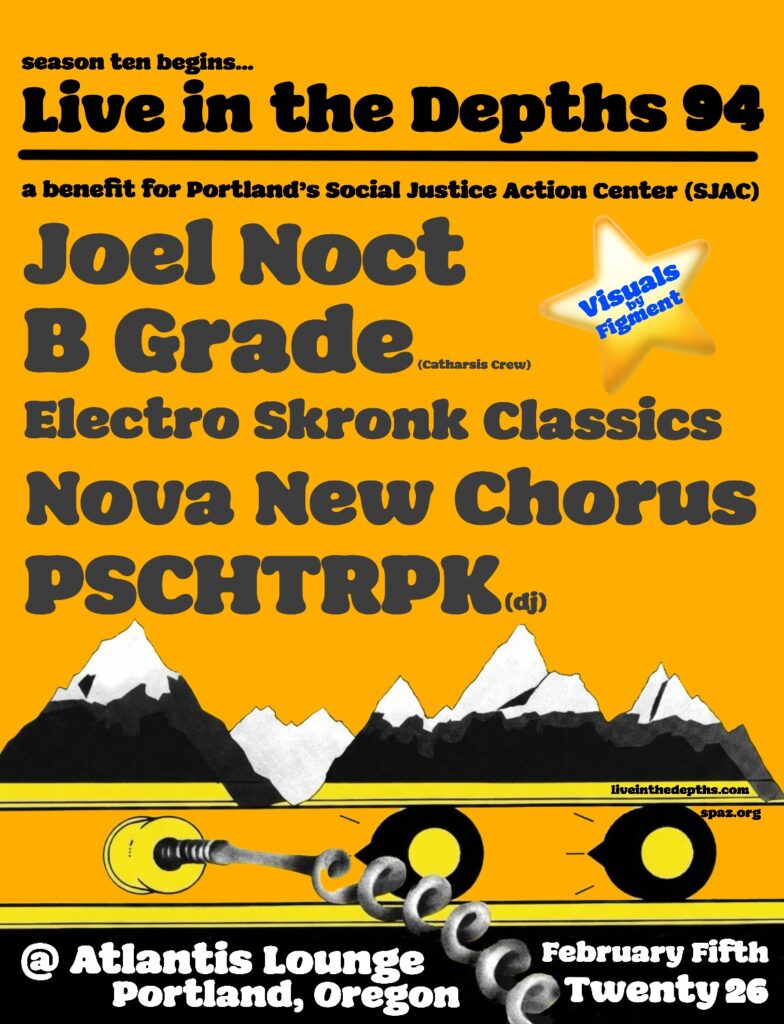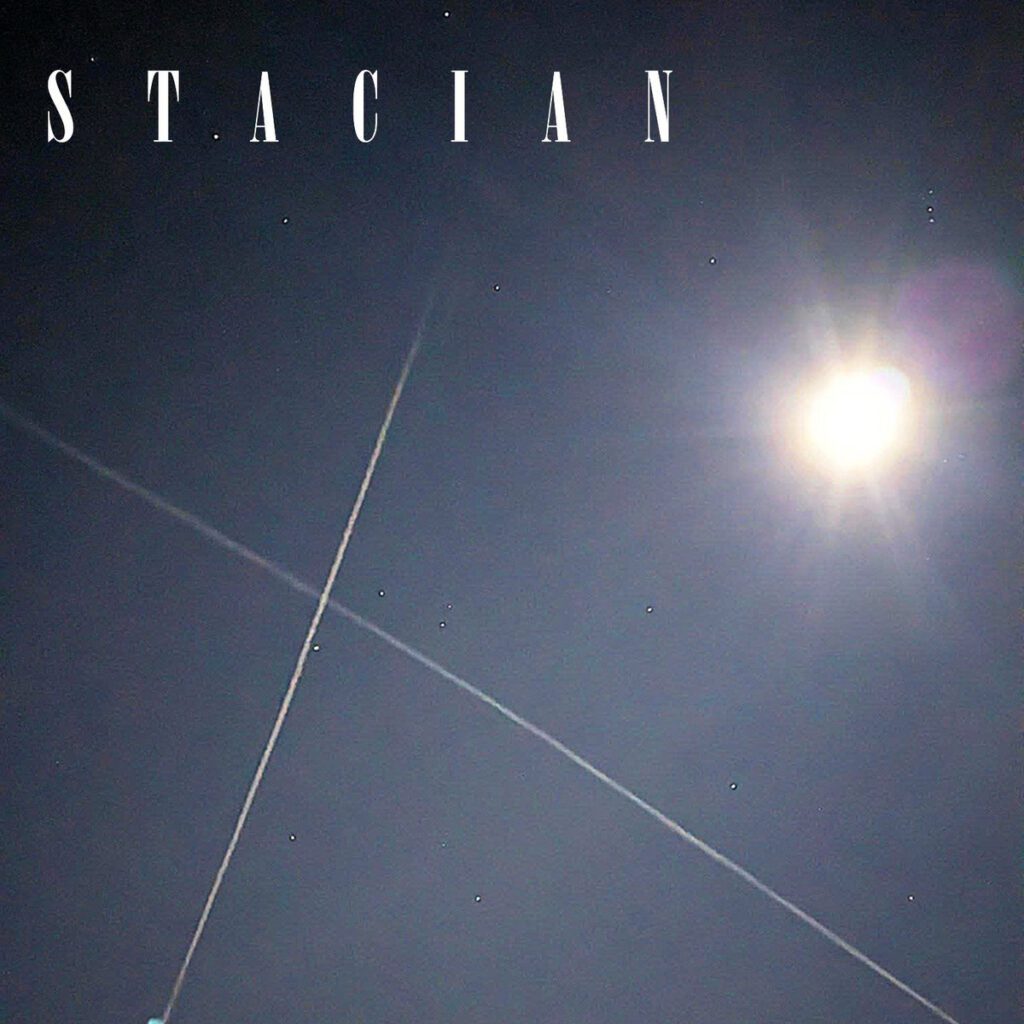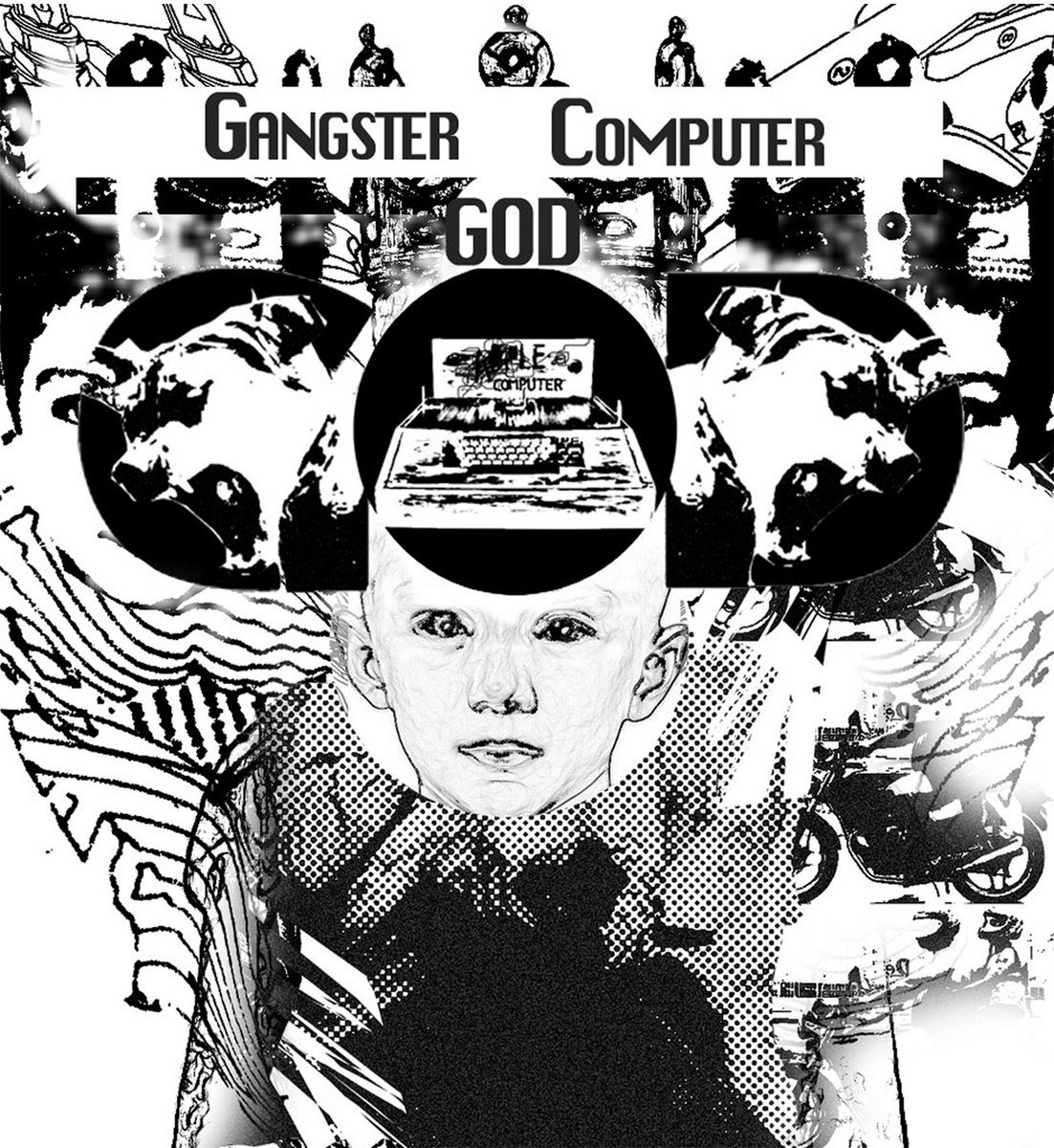Flash of the Spirit – Jon Hassell & Farafina (1988) – Album Review

Flash of the Spirit brings together Jon Hassell and the West African ensemble Farafina for a collaboration that avoids spectacle and sticks to feel. Recorded in 1988, the album carries a specific kind of production: airy, slightly synthetic, but detailed enough to carry weight. Hassell’s trumpet drifts through the mix like a voice with no clear language, while Farafina holds the rhythmic floor. This isn’t about spotlighting one over the other. You can hear both pulling in different directions, but they stay linked.
If you listen closely to tracks like “A Vampire Dances,” you’ll notice the tension between polyrhythmic percussion and Hassell’s tone bending. Nothing loops mindlessly. Even repeated phrases carry shifts in texture or density. Farafina’s presence isn’t ornamental. Their balafons, drums, and vocals give the music its body. Hassell’s processed horn sounds almost vaporous by comparison, which creates a strong spatial contrast. This isn’t fusion in the commercial sense. There’s no smoothing of edges. Instead, you get a meeting that’s slow, steady, and sometimes unsteady. Play this on headphones at low volume in the middle of the night and see what your body pays attention to. Then try it on a loud system with subwoofers and notice how your sense of timing shifts.
Brian Eno and Daniel Lanois assisted with production. You can hear that in the details. Reverbs are exact. Transients never jump out without intention. The mix feels wide but never cavernous. If you’ve only heard Hassell’s Fourth World albums, this record adds something more grounded. Farafina’s input keeps the music moving in cycles rather than floating off. Every track is structured, even if the structure doesn’t come from standard forms. There’s no easy genre label for this album. That’s fine. Don’t name it. Just listen.


